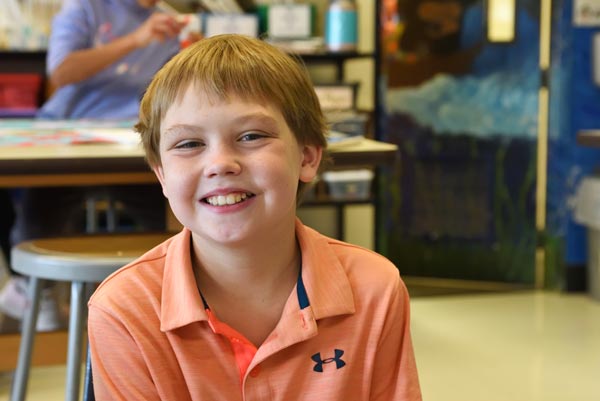
Telling Your Story
September 22, 2020
FAQs about Attention Deficit Hyperactivity Disorder
October 8, 2020





The concept of learning disability is not necessarily a modern phenomenon. Interestingly enough, the notion of individual brains “learning differently” has been around since 1877, when German neurologist Adolf Kaussamaul used the term “word blindness” to describe “a complete text blindness...although the power of sight, the intellect, and the powers of speech are intact.”
Research in this field continued through the 1800s and 1900s, with the term and definition of learning disability actually being coined by Samuel Kirk in 1963.
Through this heightened awareness - along with focused research - we saw the development of the 1969 federal mandate of support services for students with learning disabilities. This mandate was further refined in 1975 with the enactment of The Education for All Handicapped Children Act (P.L. 94-142), known today as the Individuals with Disabilities Education Act (IDEA). In 2001, No Child Left Behind was enacted, supporting standards-based education reform “on the premise that setting high standards and establishing measurable goals can improve individual outcomes in education.”
So, we’ve come a long way. Or have we? Even today, misunderstandings about learning disabilities continue to persist. In their article Learning Disabilities by the Numbers, Understood.org gives us a clearer picture of the numbers, the supports, and the stigma that continue to impact children with learning disabilities. In support of October’s LD/ADHD Awareness month, share what you learn with others to help spread awareness of learning disabilities. For Springer’s own support of LD/ADHD Awareness Month, we are excited to present an evening with Jonathan Mooney, who will share his own story about what it’s like to grow up having a learning disability.

Blogger Lisa Bruns, M.Ed., Special Education, shares her expertise of students with learning disabilities. As a special educator, she has expert knowledge of interventions and accommodations that students may need to succeed in and out of the classroom. If you have questions, please contact Center Director Lisa Bruns at .